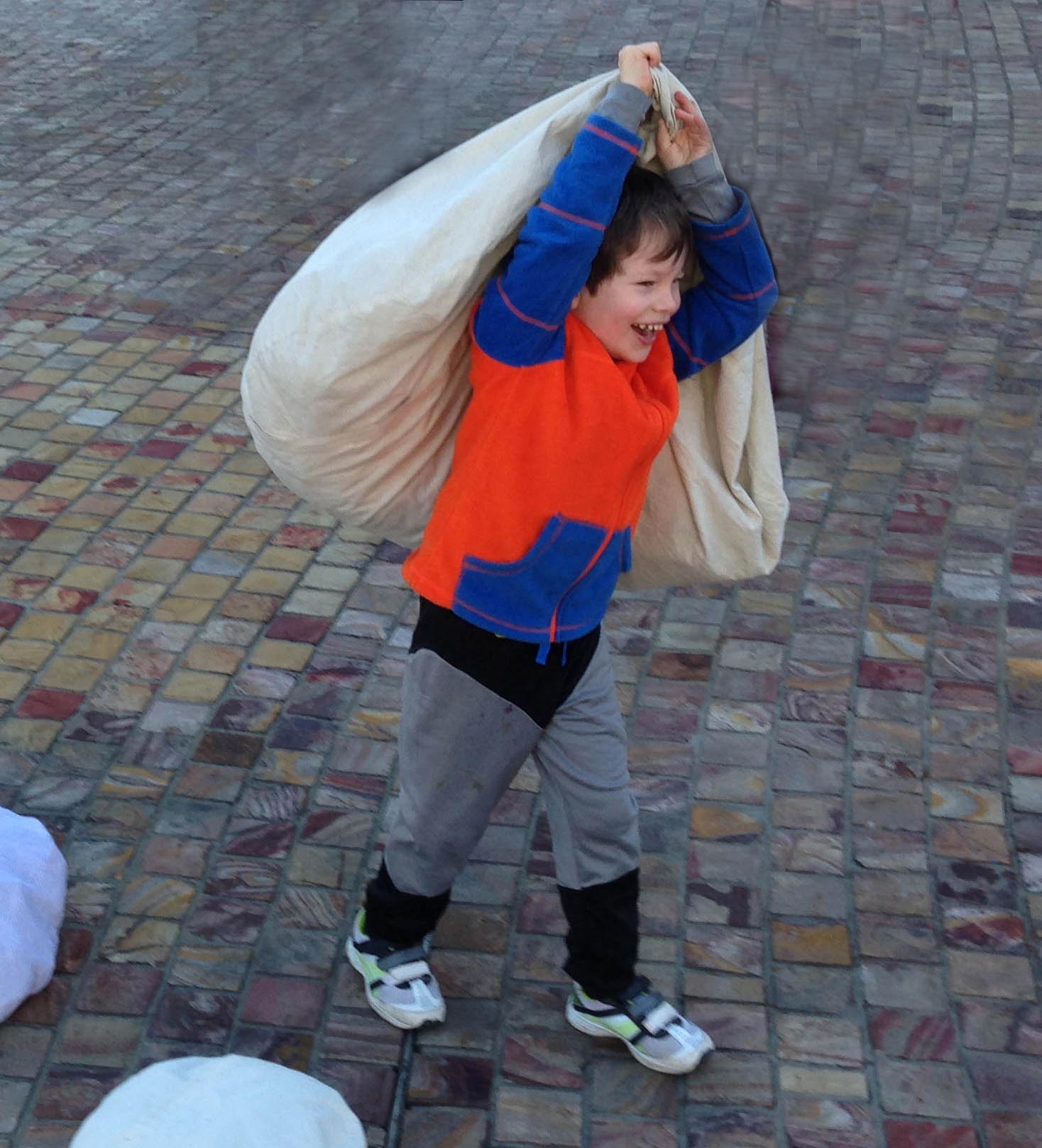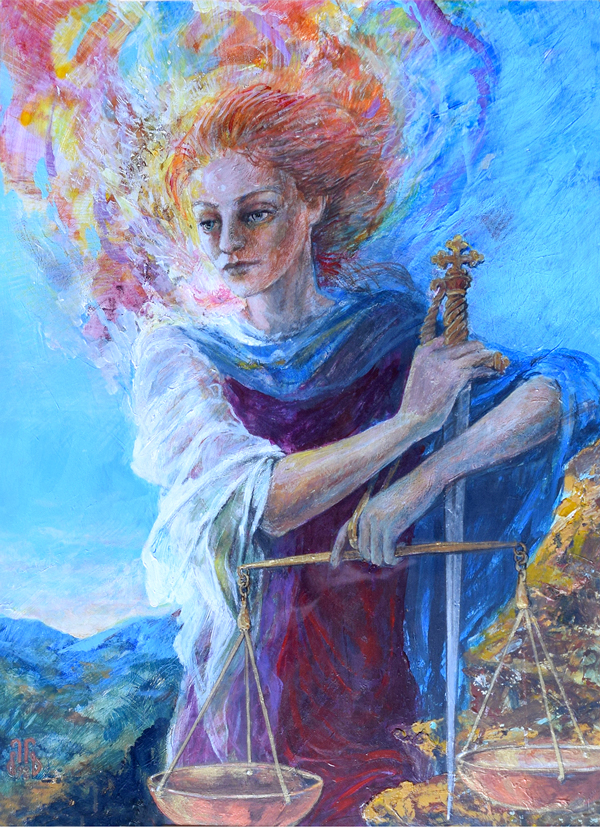HELLO BODY; 'MORNING WORLD

From birth to seven years
Our birth is but a sleep and a forgetting;
The Soul that rises with us, our life's Star,
Hath had elsewhere its setting
And cometh from afar;
Not in entire forgetfulness,
And not in utter nakedness,
But trailing clouds of glory do we come
From God, who is our home.
Wordsworth the poet has captured it. That’s how
we arrive on earth. And those clouds of glory open a mother’s heart in
readiness, even while we are in the womb. There our
brain is being imprinted with the potential we need for our spiritual
development, based on the spiritual blueprint our spirit gave to our soul. It’s important
that we are loved.
Our dramatic
birth into the physical world involves the first experience of taking in air,
abrupt, sharp noises, light, unexpected faces and strange objects. It’s a shock
after the intimate relationship with the mother during our womb life, held
close and bathed in the warm amniotic fluid, communicating through our mother’s
rhythmic heartbeat which is the foundation of language.
Today
there has been a return to understanding the impact of a baby’s first intense earthly
encounter. It has become a healthy practice to place the newborn on the
mother’s chest, rather than whisking baby away. In the first three months it’s
important to keep this new being as close as possible to a familiar enfolding
adult, generally the mother. Cuddling, rhythmic rocking, a human voice softly
singing will assist the transition into this unfamiliar world.
Much of
this kind of information about the life journey is practical, wise and
self-evident. The inclusion of our soul-spirit connection adds a potent
dimension.
Look
into the eyes of a new baby. There’s a fathomless gaze still directed to the
heavens the soul has just left. My teacher Mario Schoenmaker observed stars in
the newborn’s aura through his clairvoyant perception. The real reason behind
infant baptism is to make sure these ‘stars’ are retained longer. For they
reveal a baby’s connection with the spiritual realms.
It
takes time for the soul to settle in the body and we can observe a change in
the baby’s eyes when it happens. This is when the soul brings forth a life of its
own. And this soul must grow into the physical body it has chosen. Gradually
our individual human spirit that belongs in the spiritual world becomes
accustomed to this material realm and the newly acquired physical body.
How the moon governs this first seven-year cycle
The first seven-year period is known as the moon
cycle. The feminine and the home are ruled by the moon, hence the importance of
these factors for the child. The feminine archetype represents the nurturing,
receptive attributes of both males and females. It is good for all those
surrounding the small child to let these flow.
We can learn much of what the child needs in this
stage by looking at the qualities of the moon. It reflects and the child also
is a reflector. Little ones take on board all that occurs around them. They are
like sponges and learn mainly by imitation. This is especially the
case in the early part of this 0-7 cycle when there is no ability to discern or choose. Adults around youngsters need
to be watchful about what the children are imitating!
The moon forces are the formative forces, those of
growth. In the first seven years of a child’s life the physical body is being
built up and the child is learning to function in the physical world.
What we
call ‘childhood illnesses’ are often followed by a growth spurt or
developmental jump. These are formative influences and represent the soul’s
need to impress itself upon the body. As long as they are not life threatening,
it’s fine to let them run their course.
The
physical body changes radically during these years. At birth the head is
proportionally the largest part of the body. The activity of the life forces is
focused there. Then gradually this life in the head extends to take control in
areas such body functions, temperature, energy control, and use of the limbs.
Once for fun I lay beside my three-month-old son and copied his kicks and
thrusts. What a lot of energy it took! He was ‘working’ so hard. After I’d had
enough, he was still going strong. Especially during the first three years,
children typically learn much of what is needed to function physically, dealing
with gravity, gaining the strength and balance to sit, crawl, stand, walk and
run. As well they learn to feed and wash and handle bodily excretions.
The
metabolic system, the circulatory system, the heart, the lungs and breathing
are also being built up. These internal functions are rhythmic in nature. In
this context rhythmic activities like bouncing, repetitive rhymes and songs continue
to be beneficial and assist organ development. You may have observed how toddlers
respond to rhythmic music. Some rhythms are beneficial; others are not. A heavy
base downward beat (nicknamed ‘doof-doof’) can disturb those sensitive inner
functions. A light, bouncy ‘up’ rhythm, such as waltzes or Abba, invigorate the
metabolism. My daughter’s favourite as a toddler was a mandolin concerto by Vivaldi.
In the
area of physical signifiers, we sometimes see forced development at odds with the
impulses of spirit. Sleep patterns, feeding patterns, growth rate, learning to stand,
walk and talk are an unfolding, rather than prescribed formulae and shouldn’t
be pushed. The child must be free to master their physical skills without
interference, although parents’ delight at their child’s accomplishments will provide
encouragement and confidence.
Here I
am!
The
development of speech is perhaps the most significant aspect of this cycle. It
is the first obvious sign distinguishing the human being. Children learn to
speak in different ways. Some experiment, coming up with much childhood
‘babble’ until words form. That was my daughter. I worried that my son didn’t
do the same, until he surprised us with clear connected sentences at nearly two
years. Speech comes when the child is ready. No need to force it. Parents can
encourage their child, communicating by chatting, naming, active word games and
stories.
Young
children, if allowed, reach a very definite stage before they use the word ‘I’.
They identify as ‘me’ or by their name – ‘me play outside’, ‘Annie’s doll’. It’s
best to let them be. Correcting their phrases with ‘I’ before they are ready is
one cause of lifelong wilfulness. Between the ages of two and three most
children begin to get a real sense of ‘I’. The spirit is active as we see the
first clear recognition of self in relation to others. Expect some stubbornness
and obstinacy. This is natural as the little child comes to terms with this
amazing fact that they are unique and separate.
With a young child we should keep all the energies directed towards physical development. Leave conceptualisation until later. Using formal processes to make children learn to read, write and do mathematics before school age brings on pressure to activate thinking/mind forces that are not yet available. This redirection of energies will emerge later as illness because those energies have not been available to complete the physical requirements in the child.
To explore the foundations of such learning wise pre-school and prep teachers make sure it is playful through challenges involving ‘doing’. In the first six or seven years, education happens best through play, ‘hands on’ – lots of movement, sense exploration, dancing, music, painting, dressing up, story-making, fantasy, props to stimulate imagination.
We can
add to this exploration by encouraging wonder, awe, appreciation and reverence
through our example and in stories we tell our children, stories that inspire
and encourage their relationship with the numinous. Have we allowed them a
sense that they have a guardian angel? Do we need to explain away their
imaginary friends? Or fairies hiding in the flowers? Physical experience and
worldliness come at the cost of heavenly insight so it is of great value to
allow children to retain what they can of the heavens.
Children
need to be out in nature as much as possible. They need to be surrounded by
beauty because they still exist in the hazy world of the heavens and their
pliable souls will absorb the higher gifts of that living world. These will
bear fruit in the future. For this reason, we must be careful what we expose
children to.
About
going online
One of
today’s most worrying issues for everyone is the constant stimulus of online
media. Experts advise no online access at all before two years and after that
very little. Unfortunately, TV and online games can be appealing baby-sitters
for busy or exhausted carers.
The
purpose of this first cycle is to build up and strengthen the physical, to
balance all the experiences in this area. But observe a baby or child glued to
their screens. Watch what happens. Certain senses become over-stimulated while
everything else, including the rhythmic systems, go into a dormant mode. It’s
hard to drag a fixated child away. It’s often why adults resort to bullying and
anger, which doesn’t help the child’s development at all.
Souls
have chosen to be born into this technological age. The task of adults is to be
the guardians of balance, aware that over stimulating in the head and nervous
systems will lead to weaknesses in the limbs and the body’s rhythmic functions.
Moderate online exposure with other kinds of stimulation and this will
eventually teach children their own control.
Parenting
is a powerful educational and spiritual challenge that should be fully valued.
That will happen if awareness of body, soul and spirit grows along with the
inner needs of the child. In these first
seven years the child is waking up to the world and at the same time losing
touch with another reality. It’s their first awakening with more to follow.
This is a spiritual being who is emerging into but not yet fully equipped to handle the world. By the time the milk teeth are lost the soul has impressed its stamp on the body it needed via its parents. A new phase, a new birth takes place which will work yet further into this physical existence.


Comments
Post a Comment